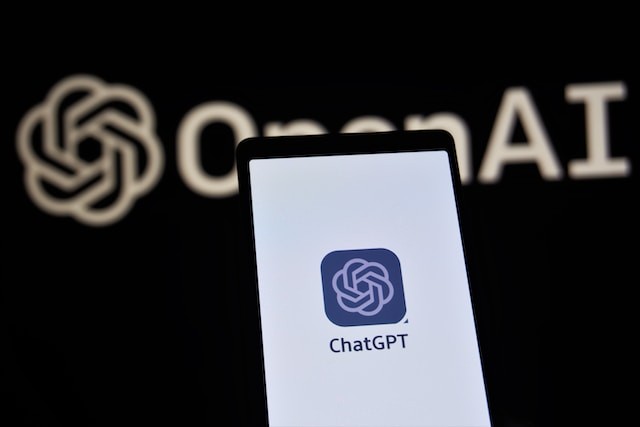
Microsoft and OpenAI, the creator of ChatGPT, face a lawsuit from the New York Times on copyright infringement and intellectual property misuse to train big language models without permission or payment.
Copyright Infringement Lawsuit
The copyright infringement lawsuit filed in a Manhattan federal court on Wednesday claims that Microsoft and OpenAI copied information from various sources to develop their systems. The lawsuit asserts that they prioritize New York Times content and aim to benefit from the newspaper's significant investment in journalism, creating substitute products without permission or payment.
The lawsuit emphasizes the crucial role of the Times's independent journalism in democracy, asserting its increasing rarity and value. This legal action by the publisher follows a series of similar cases, including one in September where over a dozen authors sued the company for using their writing without permission.
Language Learning Models Scrutiny
Misinformation
Language learning models, which gained immense popularity in the past year, are under growing scrutiny. There are concerns, especially from news outlets, that these tools might spread misinformation in their name and use content without encouraging users to check the source. Launched in November 2022, ChatGPT quickly gained 100 million users within two months. A year later, it had consistently reached over 100 million weekly users.
CEO Removal and Reinstatement
OpenAI, the parent company of ChatGPT and owned by Microsoft, experienced an internal conflict last month. The disagreement centered on whether to maintain the safety-first principles on which the company was founded or pursue a less-constrained strategy for growth. The conflict led to the removal of CEO Sam Altman, but employees rallied for his return, and he was successfully rehired. While the turmoil focused on leadership amid the company's expanding capabilities, it did not address the escalating battle between information providers for AI training and the technology operators.
READ ALSO: OpenAI CEO Sam Altman Returns: Can the Company Harmonize Amid Staff and Board Standoff?
Multiple Lawsuits from Fiction Writers
OpenAI has faced multiple lawsuits from fiction writers for using copyrighted materials, including an ongoing class-action lawsuit. In September, the Getty Photo Archive sued a different AI firm for using its images.
New York Times Negotiations and Demands
The Times stated that the lawsuit emerged following a breakdown in negotiations with the companies regarding using Times material. The newspaper had approached the tech firms to discuss an amicable resolution, exploring options like commercial agreements and establishing "guardrails" around AI products. However, the discussions reached an impasse.
The lawsuit addresses the problem of AI "hallucinations," which refers to incorrect information wrongly linked to a source, potentially harming the Times's reputation. The lawsuit points to Microsoft's Bing Chat instances where the material was allegedly misidentified as Times content, specifically in results for "the 15 most heart-healthy foods." According to the lawsuit, twelve foods were not mentioned in the Times story.
The Times lawsuit doesn't seek a specific amount of money. Still, it asserts that OpenAI, valued at $80 billion, and Microsoft, valued at $2.8 trillion, should be accountable for "billions of dollars in statutory and actual damages." The suit also demands that the companies eliminate chatbot models and training data containing copyrighted material from the Times.
OpenAI's Partnership with German Publishing Giant
Amid growing concerns about using published materials in training ChatGPT, OpenAI has addressed these worries through partnerships. One recent collaboration involves German publishing giant Axel Springer. OpenAI aims to enhance users' experiences with ChatGPT by incorporating current and authoritative content on various topics and values the publisher's role in contributing to OpenAI's products.
The collaboration provides ChatGPT users with summaries of global news content from Springer's media brands with proper attribution and links to full articles for transparency. Mathias Döpfner, Axel Springer's CEO, expressed interest in exploring the possibilities of AI-empowered journalism to elevate quality, societal relevance, and the business model of journalism. Representatives from OpenAI and Microsoft have not responded to requests for comment.
RELATED ARTICLE: Businesses and Tech Groups Warn EU Against Over-regulating AI Foundation Models
© 2017 Jobs & Hire All rights reserved. Do not reproduce without permission.




